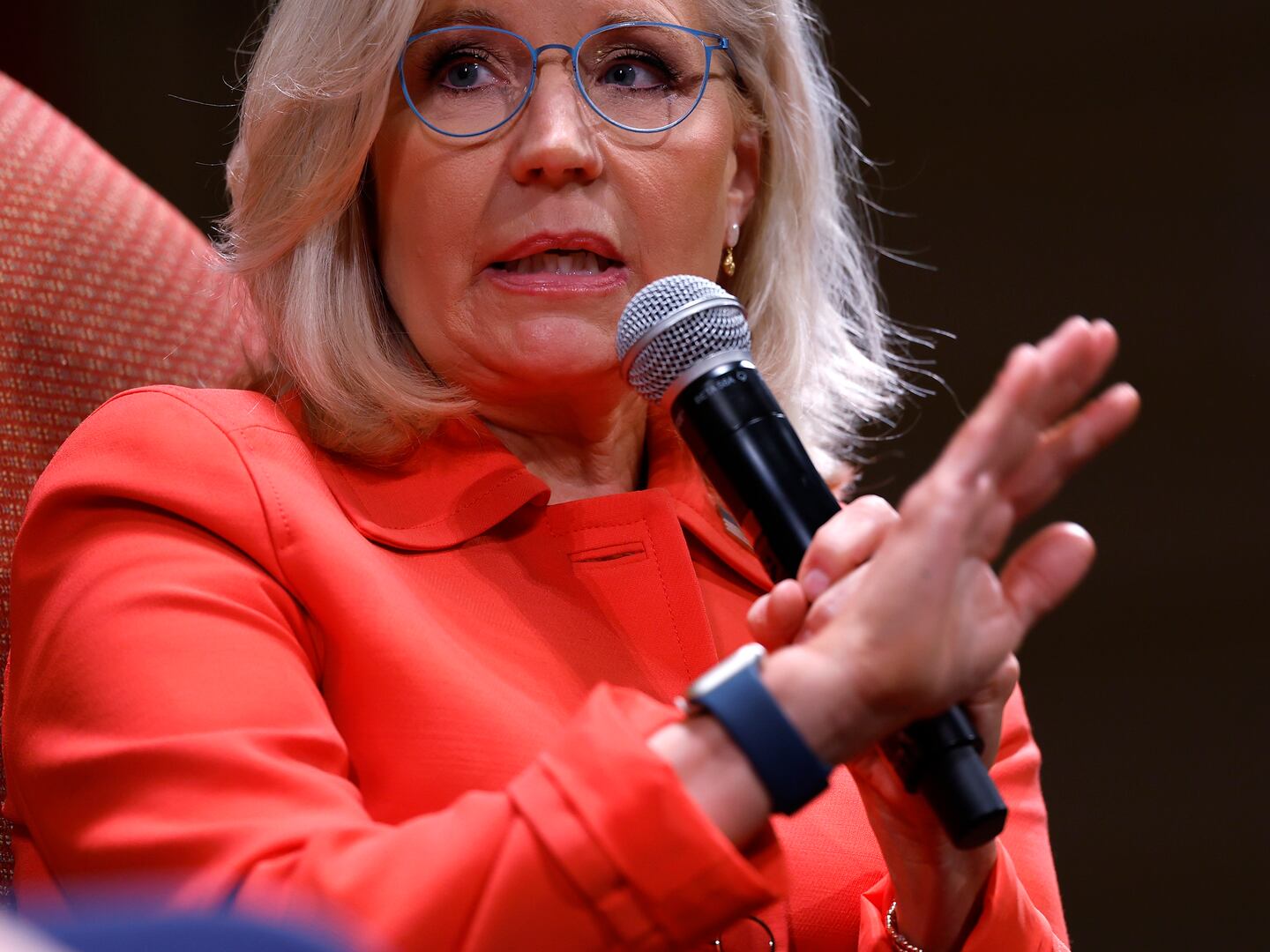Media
Photo Illustration by Thomas Levinson/The Daily Beast/Getty
Murdoch’s Latest Court Victory Is No Victory at All
A GAME OF CHICKEN
A judge has ruled that Uncle Rupes will be spared further exposure, but Prince Harry’s case has been strengthened in the process.

Trending Now





